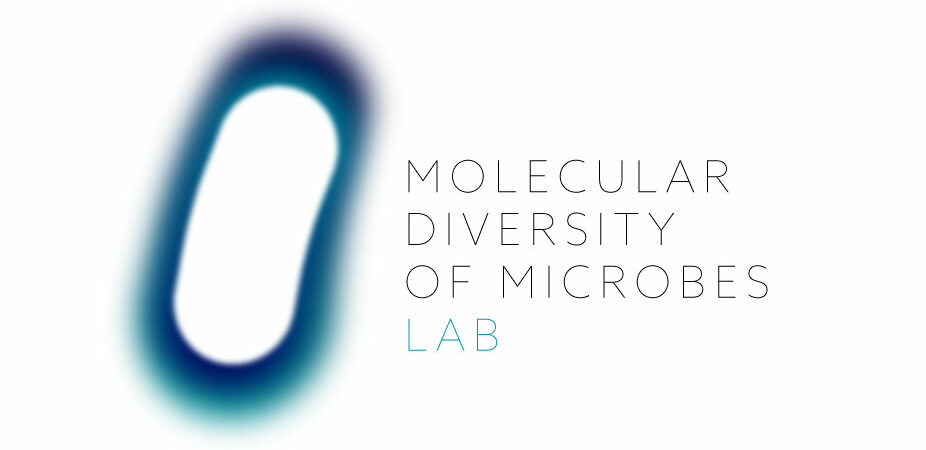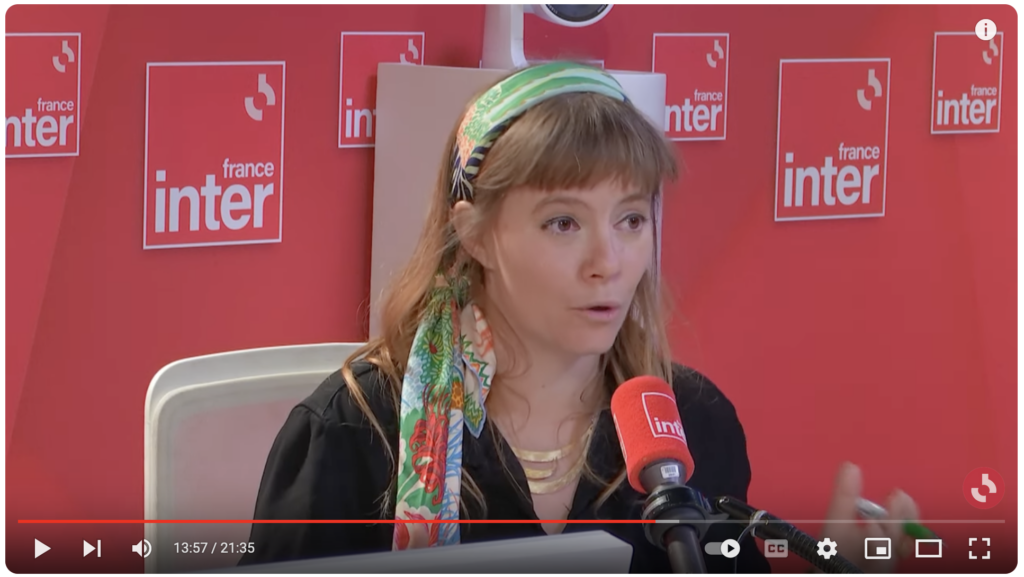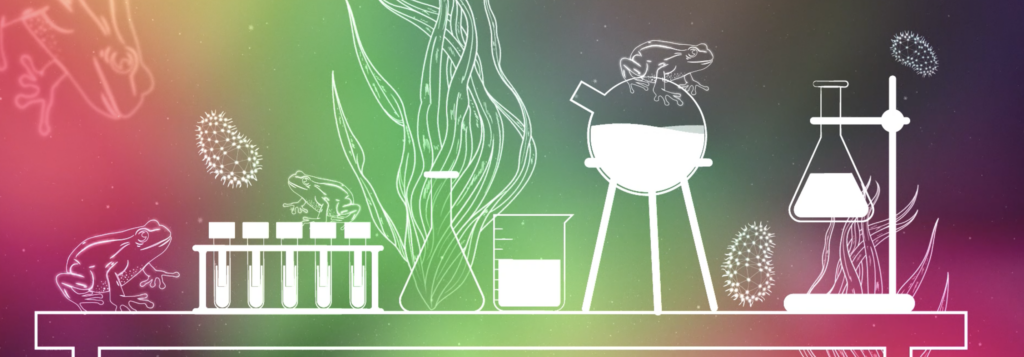
Making our science accessible to everyone
We are always enthusiastic to share our science in diverse formats. We created a Youtube channel where you can find videos (both in English and in French) explaining the science we do in the lab and accessible summaries of our major publications. We also talk about our science in conferences or discussions with students, schools or the general public.
Beyond videos, we also contribute to podcasts such as FEMS Microbes and US, BBC’s Bacteria: The Tiny Giants, or Curieux (in french).
(MDM lab youtube channel)
Citizen science to explore diversity of microbes in dirt
The “Science à la Pelle” Project: https://www.sciencealapelle.fr/
Most of the drugs we know are derived from molecules discovered in plants or bacteria. Most of the antibiotics used (still today) in human and animal health are, more or less, produced naturally on Earth by bacteria. Isolated and purified, they have undoubtedly radically shaped modern medicine. In INSERM unit U1284, a new method has been developed by the team of Vincent Libis so we can use to our advantage the diversity of bacteria present in the soil, and the diversity of genes they possess, to find new drugs.
In collaboration, with Vincent Libis and Ariel Lindner, we developped the project “Science à la Pelle”. From a soil sample, bacteria are isolated, and sets of genes detected that constitute the “recipes” for producing new drugs.We ask the help of citizens to collect new soil and help us discover new drugs! You can participate in the project or just learn more here: https://www.sciencealapelle.fr/A few press articles: France Info, Le Figaro, Le Quotidien du PharmarcienFollow the projet on twitter and instagram: @ScienceAlaPelle
Gender Bias in Research and gendered innovations
Science suffers from a sex and gender bias. Upon discovery of how research is impacted by this phenomenon, notably in the wonderful website: https://genderedinnovations.stanford.edu/methods-sex-and-gender-analysis.html. The lab, with a strong collaboration with Flora Vincent set out to to raise awareness about this subject. This is taking diverse forms such as videos, lobbying scientific institutions, writings and conferences. A couple examples of actions below.
Héloise Georjon in the lab developped a quick tool to estimate the gender bias of references we cite. https://github.com/mdmparis/Estimating_gender_bias_in_references. We now report in the acknowledgements of our papers this bias.
Here are showcased:
– an interview of Aude on the French Radio France Inter, in the Matinale (in French (2024))
– one outreach video, that explains the basis of the concept of gendered innovation and why it matters. It won a prize at the 2013 gender summit contest. It also exists in French
– one video of a conference Aude and Flora gave at l’Echappee Volée (a general public conference TED-like, 1200 people, in French). The text of the talk was published in the book “Demain, territoire de tous les possibles “under the direction of Michel Levy-Provencal, Larousse.
Artificial Intelligence and Gender equality
Co-author with F. Vincent of the book “L’intelligence artificielle pas sans elles”, Belin edition, 2019
Loose title translation : Artificial Intelligence, not without her. Book for the general public on algorithms bias and more generally on links between sex/gender and artificial intelligence. The book was accompanied by development of an exhibition, outreach videos, a comic book and a series of conferences on AI sexist bias (Description of the full campaign here). The book was reprinted 3 times in a few months and sold in several thousands of copies. Following the publication of the book, we were contacted by members of the Parliament, and of the government to consult on this subject. We also followed up with conferences and additional publications (Revue Hommes et libertés, Ligue des Droits de l’homme : La mixité, outil de questionnement scientifique ; Revue Diplomées : Cultures numériques, la norme mâle) and inspired and helped elaborate within a NGO a pact for companies, associations, institutions for an inclusive AI.
A few videos: TV interview on France Info: L’instant ; Outreach video: The creation of algorithms bias
A few press articles: Le Monde, Uzbek et Rica, Le Nouveau Magazine Litteraire, L’Opinion, Libération
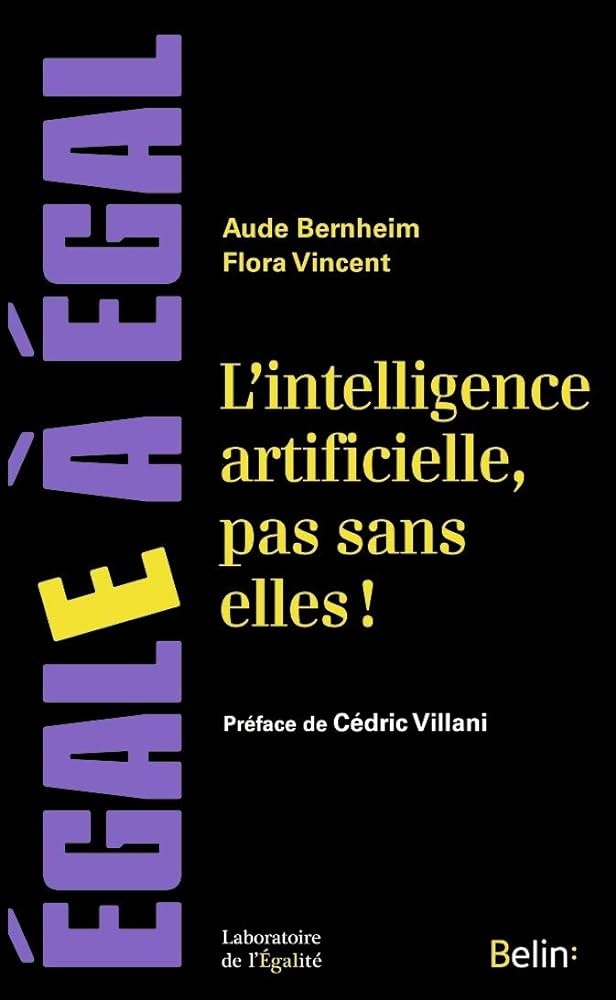
Promoting science without stereotype: WAX Science
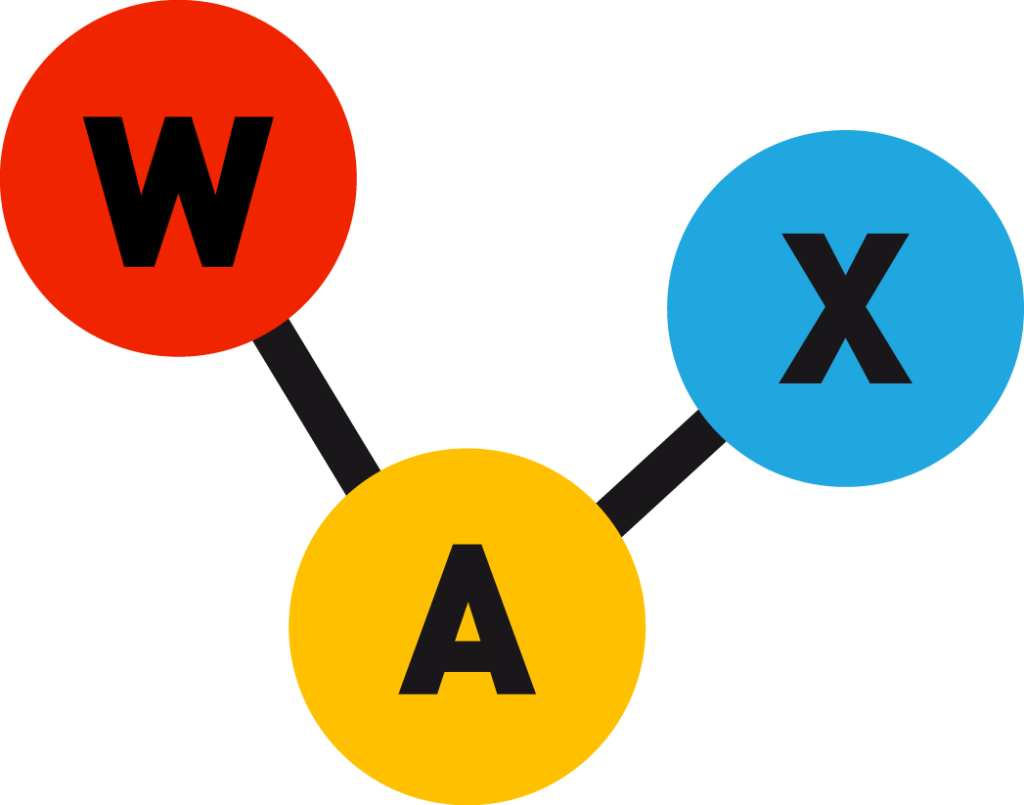
Co-Founder and Co-President of WAX Science (with F Vincent)
https://www.wax-science.fr/
WAX Science (What about Xperiencing Science) is an NGO that promotes science without stereotypes and gender balance in science by creating and spreading innovating tools (co-presidency 2013-2016). It was founded in 2013 (and is still running) and during the co- presidency rose to 40 active volunteers, 6 full time interns, 50k€ budget, tens of projects, and more than 10 000 people reached by the activities of the association.
One of the specificity of the association is the work at the interface between design and science. Typically, we developed “tools” (exhibitions, workshops, educational kit, videos) which we then use in the field but which we also shared on our wesite. The objective, that these can be used free of charge by other associations or people wishing to raise awareness in these areas.
For example, we created
– “pedagological kits” with both content and activities: on HIV (initially created for Solidays), Genetic Engineering, and women in science (Les Découvreuses anonymes)
– exhibitions such as Les Decouvreuses Anonymes (showcased dozens of times in more than 5 countries) about women in science or “Femmes Objets” (all exhibitions here)
– workshops: for example a year of activity for a science club in primary school (all workshops here )
– videos (all videos here) such as portraits produced in partnership with national media like Mademoizelle on women scientists such as Francoise Barré Sinoussi or Marthe Gautier. Regarding Marthe Gautier, we also sought to develop her online presence by creating for example her wikipedia page or telling her story on the WAX website and in videos.
Among these “tools”, those which invested the most time in were “websites”. The first, wax-science.fr had several objectives: to offer original articles with a different vision of science, far from stereotypes but also to be a platform for the dissemination of the tools that we have developed (open source model). From 10,000 unique visitors in its first year, the site had over 45,000 unique visitors in its 4th year, for a total of 602 original articles.
We then created the app and associate website Itcounts (http://itcounts-app.org/). Its objective, developing citizen science to count men and women in professional circles (teams, meetings …). The app offers both counting and data analysis tools as well as access to the collected data. This work notably led to a collaboration with a researcher at Sciences Po to try to develop new indicators of parity during conferences. Finally, we collaborated with Data For Good to develop a data visualization project around gender equality in the french parliament (http://www.pariteaupouvoir.com/).
Beyond these different “concrete” tools, we gave a lot of talks in a variety of settings (schools, companies, large audiences, small committees, etc.) on various subjects (popularization of science, gender bias in science, equality between women and men, interest in activism …). On average over our 4 years of co-presidency, we were running 32 interventions per year and 3200 people were affected “directly” by these conferences.
